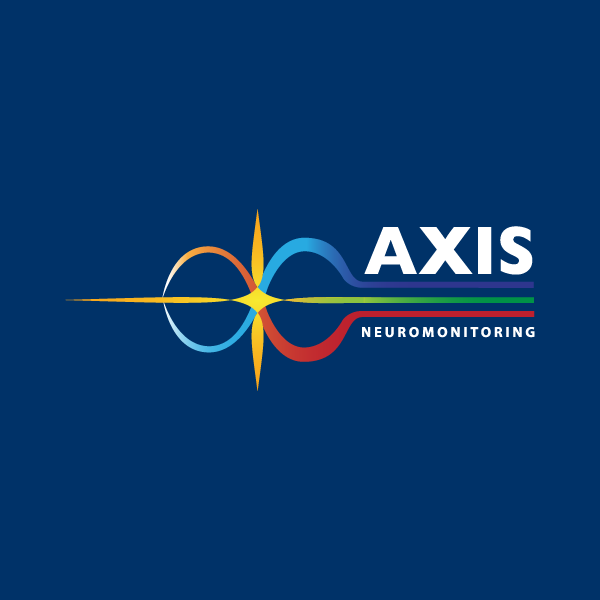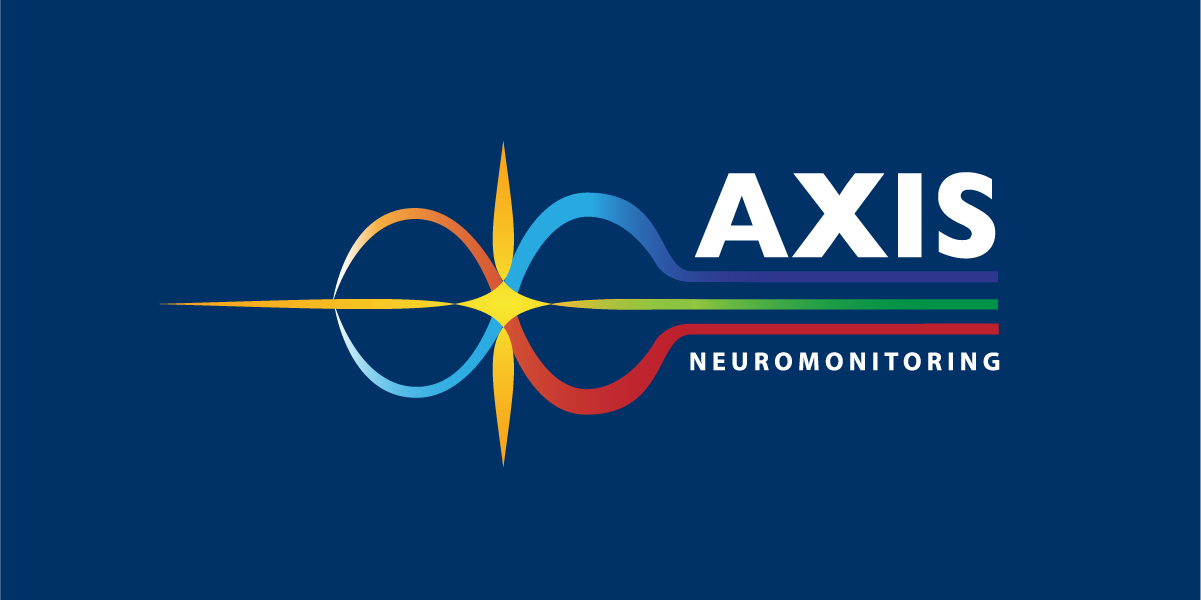Expanding Intraoperative Neuromonitoring: The Future of Global Surgical Care
By Admin | June 03, 2024
Intraoperative neuromonitoring (IONM) is revolutionizing surgery by providing real-time insights that help prevent neurological injuries during procedures. This technology offers immediate feedback to surgeons and anesthesiologists, significantly enhancing patient safety. However, despite its critical role, IONM remains out of reach for many patients worldwide, especially in low-income regions.
Why IONM is Essential in Surgery
Neurological injuries during surgery can result from anatomical or physiological disruptions. IONM helps detect these issues in real-time, allowing surgical teams to take immediate action to prevent permanent damage. This is especially vital in high-risk surgeries, such as spinal, neurosurgical, and cardiovascular procedures.
Key benefits of IONM include:
- Real-Time Monitoring: Continuously tracks neural pathways during surgery.
- Immediate Feedback: Alerts the surgical team to potential problems, enabling swift intervention.
- Enhanced Patient Safety: Reduces the risk of postoperative neurological deficits.
The Challenges and Efforts to Expand Access
Despite its benefits, IONM is not widely available in many parts of the world. Some of the barriers to intraoperative neuromonitoring access include things like high cost, lack of expertise, insufficient infrastructure, and low awareness.
Despite these challenges, there are a number of efforts underway to bring IONM to more regions worldwide including training programs for local healthcare professionals, partnerships between hospitals in high-income and low-income regions, funding and donations, and awareness campaigns.
The Future: Making IONM More Accessible
The global expansion of intraoperative neuromonitoring represents the future of surgical care. By addressing the barriers to its adoption, we can ensure that patients everywhere benefit from safer surgeries and better outcomes.
Investment in training, for example, is a crucial component of building a skilled workforce capable of implementing and managing IONM effectively. Of course, infrastructure development is also essential. Steps such as upgrading hospital facilities so they can support these advanced monitoring technologies as well as advocacy and education play a pivotal role in making IONM more accessible to patients.
Contact Us
Intraoperative neuromonitoring represents a significant advancement in spine surgery, offering a powerful means to prevent neurological damage during complex procedures. Bringing these capabilities to disadvantaged regions marks an incredible opportunity for the future of surgery worldwide. For more information on the benefits of neuromonitoring and its role in improving patient outcomes, please contact us at 888-344-2947.
Source: https://www.ncbi.nlm.nih.gov/pmc/articles/PMC10632568/



